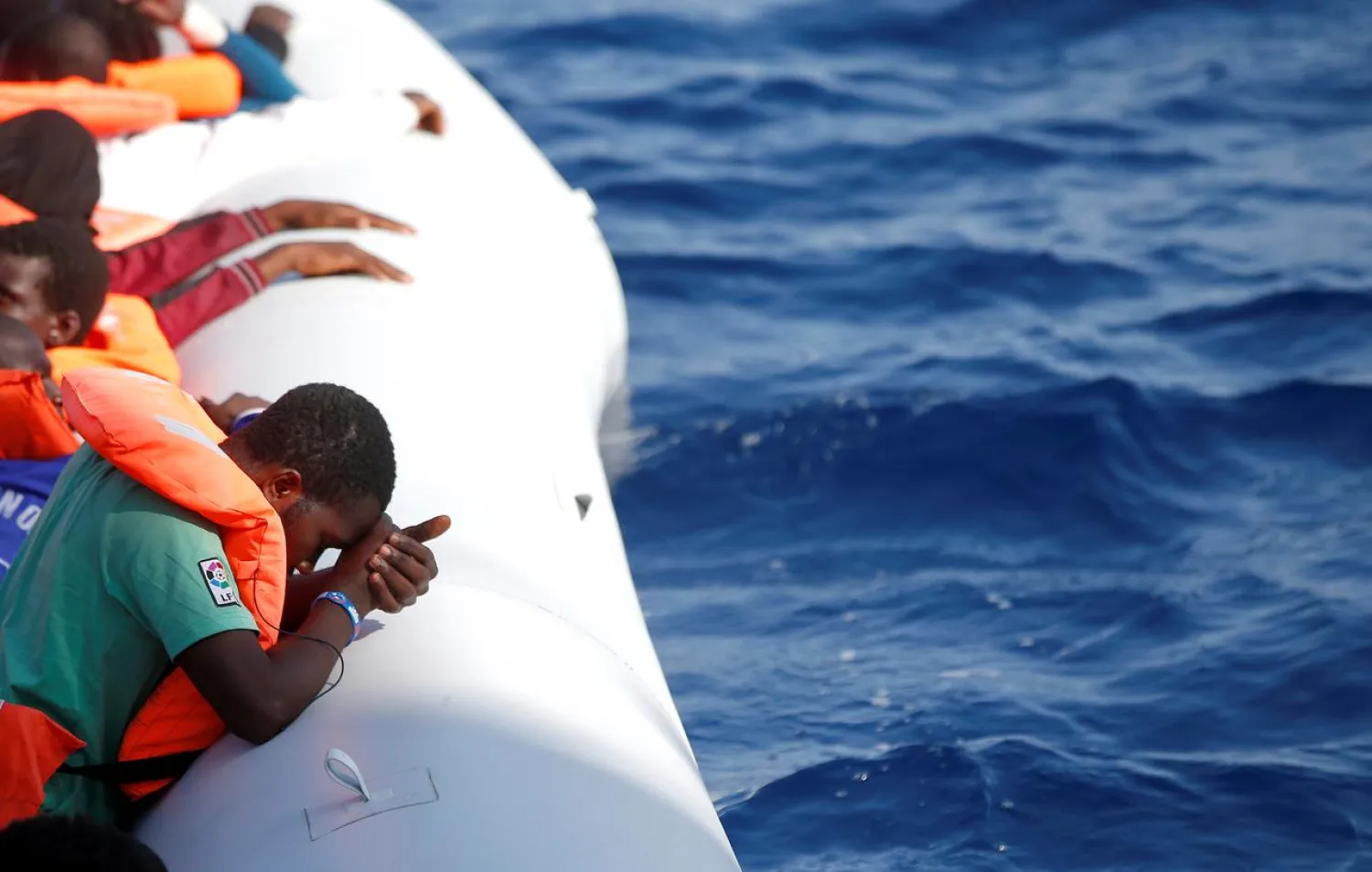The death toll in a migrant shipwreck off Tunisia's coast has climbed to 54 people as more and more bodies are discovered, and the search is continuing.
Tunisian search teams recovered the bodies of 13 men and women Thursday, according to the Defense Ministry. Earlier in the week, the bodies of two toddlers and 20 adults washed up on the beaches of Kerkennah Island off the Mediterranean coastal city of Sfax, and 19 other bodies were found floating in nearby waters.
Navy units and divers from the civil protection services are continuing to search the area for other possible victims, the health director for the Sfax region, Ali Ayadi, told The Associated Press.
Many of the victims were buried in Sfax on Wednesday, Ayadi said. All the victims are from sub-Saharan Africa, notably Ivory Coast, except for the Tunisian captain, according to Tunisian authorities.
The UN refugee agency says attempts to leave Tunisia for the Italian coast increased by more than 150 percent from January through April compared with the same period last year.
Tunisia's National Guard said last week that 140 migrants have been arrested recently trying to cross illegally. Most were sub-Saharan Africans fleeing tensions in Libya.









